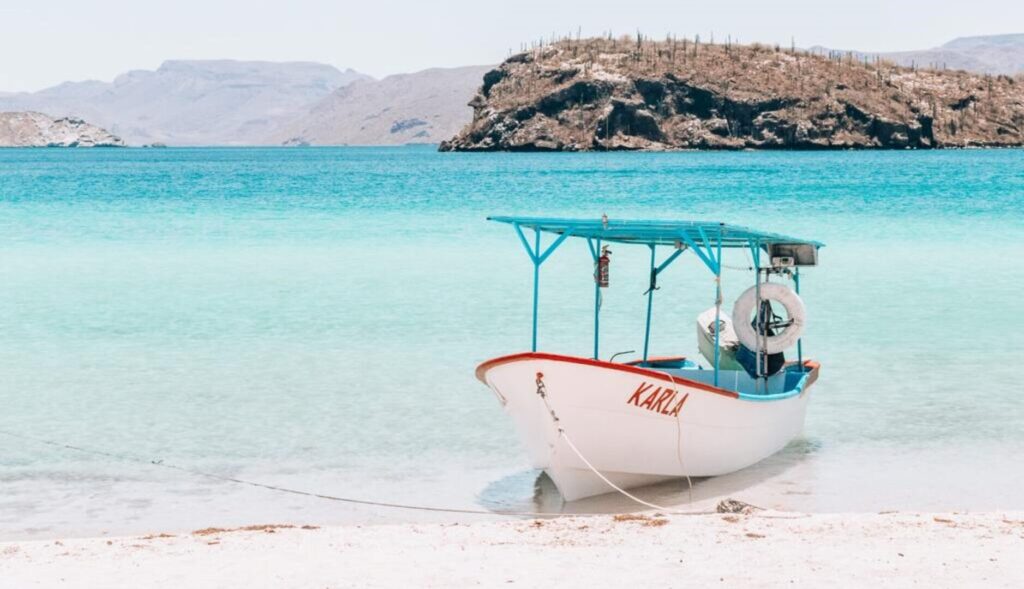In order to implement measures to adapt to climate change climate change ecosystem-based and to promote the sustainable tourism, Mexico is financed by international funds.
The Secretariat of Tourism of Mexico emphasized that these resources come from the Global Environment Facility (GEF) and the German Cooperation for Sustainable Development in Mexico (GIZ).
According to The EconomistThe GEF funding is for US$7.2 million and is being applied to the Kuxatur programwhich comprises the corridor La Paz-Sierra La Laguna, and Los Cabosin Baja California Sur; the Huatulco-Chacahua corridor in Oaxaca; and the Maya Ka'an region in Quintana Roo.
5 million and will be applied in the following areas: - The GIZ funding is for Adaptur projectThis program, which implements measures to adapt to climate change, with the participation of the private sector, benefited 6 destinations:
- Riviera Nayarit-Jalisco.
- Riviera Maya, Quintana Roo.
- San Miguel de Allende, in Guanajuato.
- Valle de Bravo, in the State of Mexico.
- Los Cabos, Baja California Sur.
- Mexico City.
Within the Tourism Sector Program 2020-2024Sectur established the promotion of sustainable tourism as one of its four priority objectives, for which it implemented a strategy of Mexico is Reborn SustainableThe project consists of the creation of tourist circuits of social welfare and harmony with nature, where people and communities linked to the tourist activity are integrated, without affecting their biocultural process.
In a world where the climate change and biodiversity loss are imminent realities, these strategies represent a significant step towards a more sustainable and sustainable sustainable tourism developmentwhere respect for nature and local culture are a priority.
The choice of coastal destinations for these projects is not accidental. Coastal ecosystems are fundamental to the planet's biodiversity and act as natural barriers against extreme weather events. The conservation of these ecosystems not only benefits the local fauna and flora, but also the human communities that depend on them.
Experts believe that investment in sustainable projects in the tourism sector is a necessary response to the growing demand for responsible and eco-friendly tourism. Modern tourists are looking for authentic and meaningful experiences, and increasingly value destinations that respect and preserve their natural and cultural heritage.
Mexico, with its rich biological and cultural diversity, has the potential to become a world leader in sustainable tourism. The implementation of conservation and adaptation measures is crucial to preserve the country's natural wealth for future generations.
Source: The Economist


